Tokyo stocks dive more than 8% on Brexit shock: Report
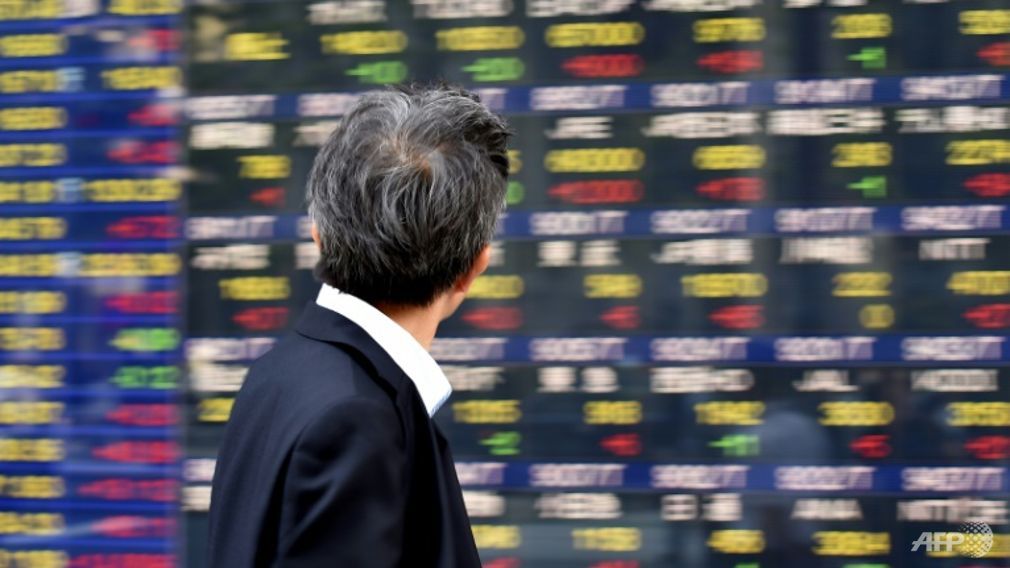 |
The benchmark Nikkei 225 index at the Tokyo Stock Exchange dropped as much as 8.30 per cent, or 1,347.79 points, to 14,890.56, while the broader Topix index of all first-section shares shed 8.16 per cent, or 105.91 points, to 1,192.80.
Both indexes later pared some of those losses, with the Nikkei crawling back to be down about seven percent around 12pm (Singapore time).
In forex markets, the yen briefly surged to its highest level against the dollar since November 2013, touching 99.02, as traders flocked to the safe-haven currency.
The pound briefly dived to around $1.33 from above $1.50 – its lowest level in 31 years.
"The market plunged into panic selling... as the 'Leave' vote appears to have the upper hand," Yosuke Hosokawa, head of the forex sales team at Sumitomo Mitsui Trust Bank told AFP.
"Selling sparked more selling. Seeing the current dollar-yen level, a market intervention by Japanese authorities is getting more realistic. It's an emergency situation but we need to remain vigilant until after the final results."
The remarks came as Japan's Finance Minister Taro Aso was holding an emergency press briefing early Friday afternoon to address the wild market volatility.
In recent weeks, Japanese officials have repeatedly warned that a market intervention to weaken the yen was a strong possibility as the surging unit threatened Japan Inc's profits.
An intervention is diplomatically sensitive, however, because it risks putting Tokyo on a collision course with G20 counterparts that agreed not to interfere in forex markets.
Japanese exporters were among the main losers on Friday, as the stronger yen sharply hit demand for their shares.
A vote to leave the EU could have significant consequences for more than 1,000 Japanese firms that operate in Britain – many of which see it as a staging point for dealing in Europe.
Toyota at one point lost more than 10 per cent before paring some losses, with the auto giant down 7.86 per cent at 5,286 yen in mid-afternoon trade.
Mobile giant SoftBank slumped 8.24 per cent to 5,575 yen, while factory robotics maker Fanuc shed 5.48 per cent to 15,695 yen.
SYDNEY STOCKS FALL ALMOST 4 PER CENT
Australia's benchmark stock index also sank by almost 4 per cent on Friday, as results from Britain's European Union referendum pointed towards leaving the bloc.
Sydney's benchmark S&P/ASX 200 was down 200.4 points, or 3.9 percent, to 5,080.3 at around 0345 GMT, joining the sea of red across Asian markets.
"Our financial markets, not just stocks but also the dollar and bond markets, are forward scouts for this particular event," Patersons Securities' economist and market strategist Tony Farnham told AFP.
"So our markets are reacting to the ebb and flow on whether you believe they are going to 'leave' or 'remain' in the EU. International markets would be showing concern about the uncertain economic ramifications were the UK to vote to leave the EU."
All market sectors across the S&P/ASX 200 were weaker, with mining stocks making up the bulk of the top 10 losers about mid-day.
"Anyone that has got a bit of gold... gold is a bit of a safe haven," Morgans' stockbroking client adviser Steve Greentree told AFP.
"(There's a) few little pockets of resistance but predominantly it is coming off. But anyone that's got a bit of US dollar exposure or North American exposure might outperform a little bit."
Australian Treasurer Scott Morrison said despite financial market volatility over the Brexit vote, the way in which Britons vote "doesn't change anything that the Australian government has to do" in terms of the nation's economic plans.
"Undoubtedly there is volatility in markets and currencies that sit around these events. But that is not necessarily determinative of long-term volatility," Morrison told reporters in Sydney.
"The implications for Australia are minimal, potentially. But there are other decisions that may flow from this (from) which will arise different challenges."
What the stars mean:
★ Poor ★ ★ Promising ★★★ Good ★★★★ Very good ★★★★★ Exceptional
Latest News
More News
- Forecasts upbeat for banks’ 2024 profits (April 30, 2024 | 18:00)
- Sluggish growth and risks abound in banking arena (April 30, 2024 | 16:08)
- Banks adjust timelines for raising capital (April 30, 2024 | 11:31)
- VBSP provides platform for young entrepreneurs (April 30, 2024 | 09:00)
- Credit rating culture deemed vital for transparency (April 30, 2024 | 08:00)
- Policy credit improves the quality of life on Ly Son (April 29, 2024 | 09:00)
- Sacombank chairman clears the air on Van Thinh Phat allegations (April 29, 2024 | 08:52)
- Japan's Sojitz invests in Vietnam's Finviet (April 29, 2024 | 08:47)
- BAC A BANK sets out ambitious business targets (April 28, 2024 | 08:00)
- Mibrand holds brand workshop for banks (April 26, 2024 | 18:26)



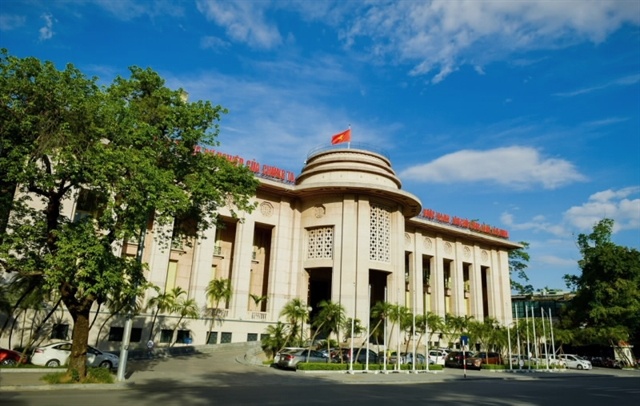
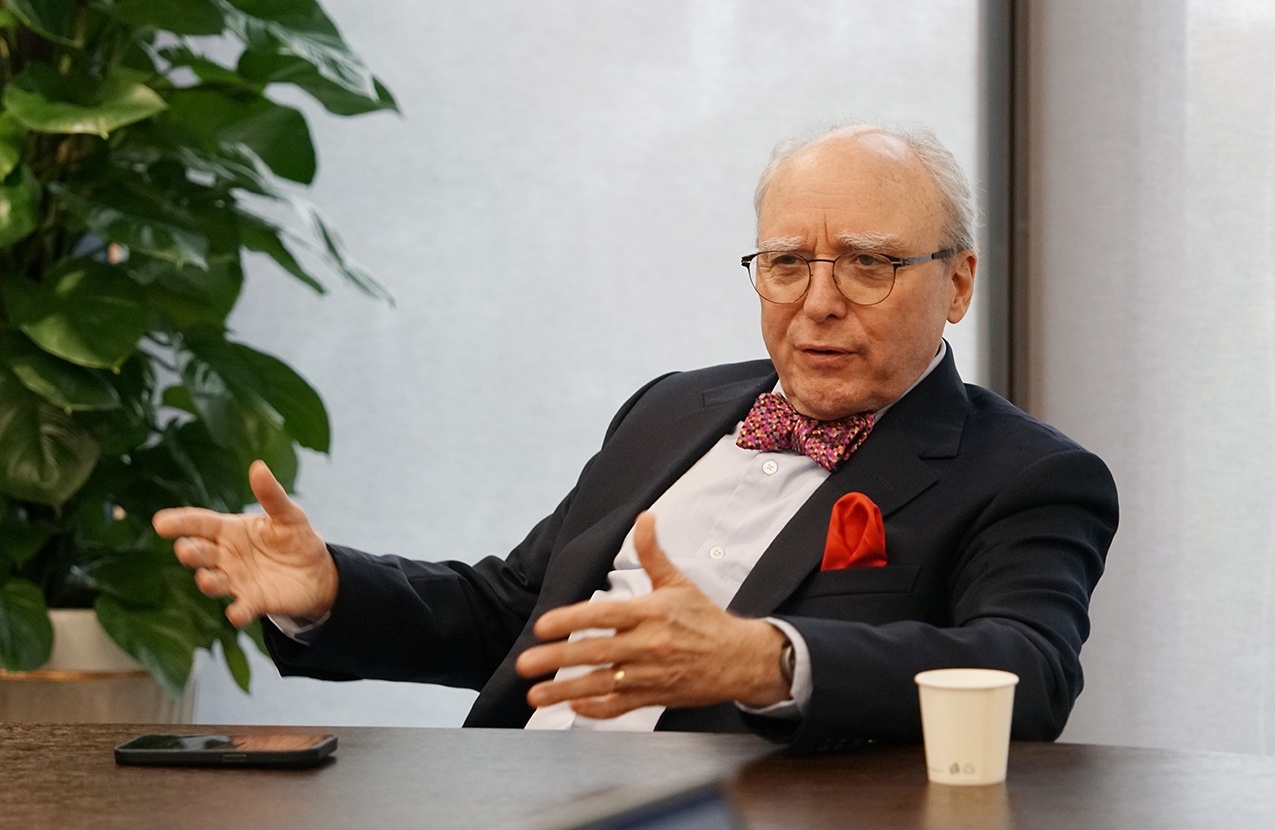
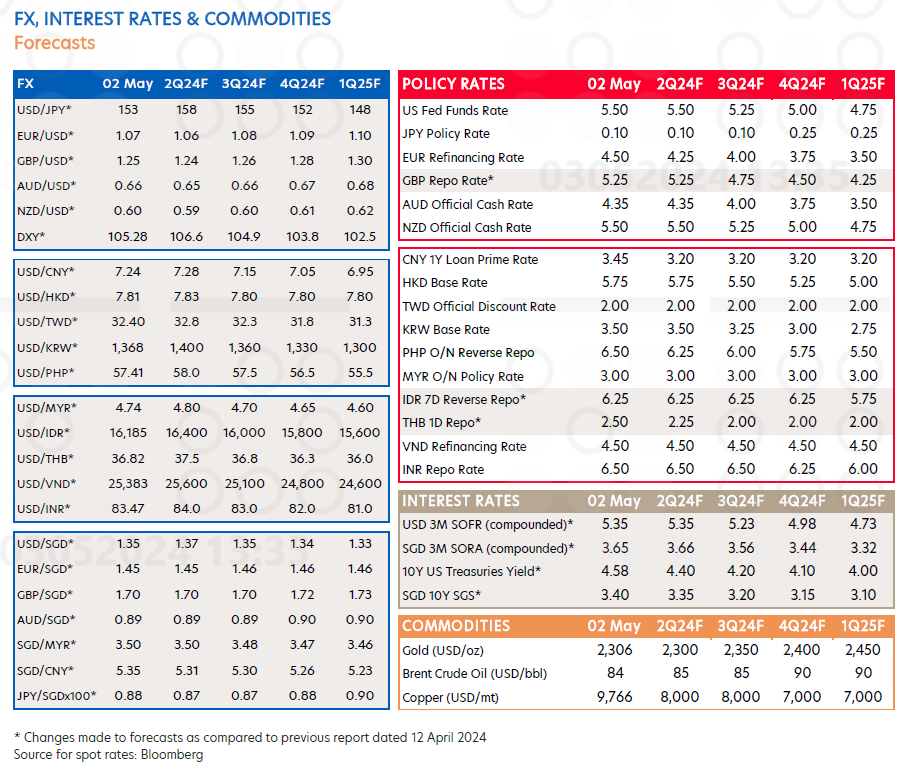







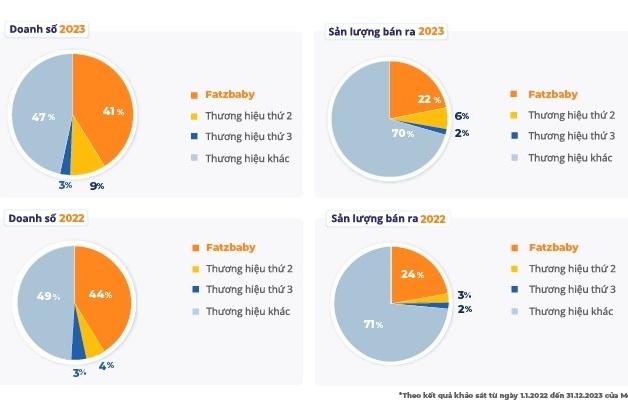



 Mobile Version
Mobile Version